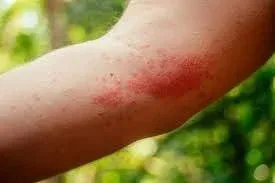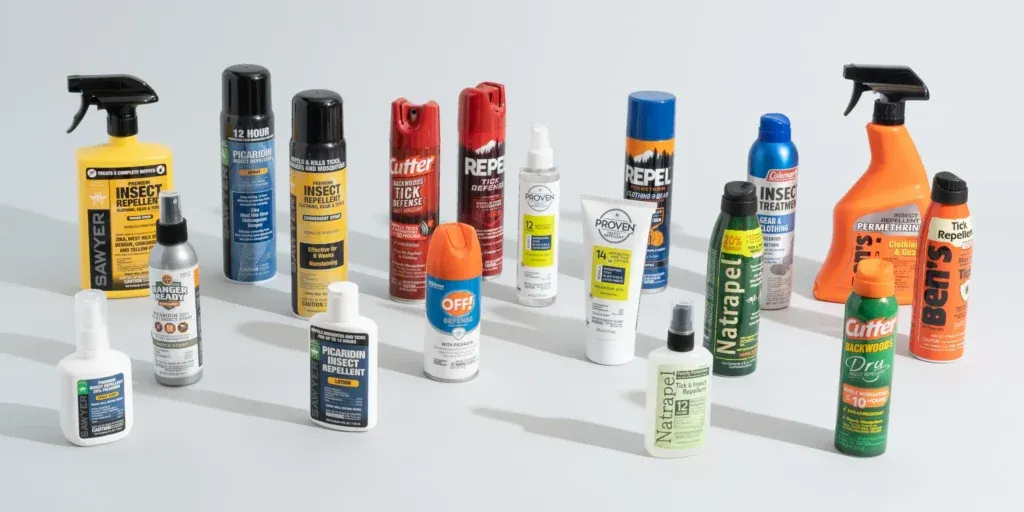When treating cuts, scrapes, or minor wounds, preventing infection is a top priority. While conventional antiseptics like iodine and hydrogen peroxide are effective, they can sometimes be harsh on the skin. Natural antiseptics for wounds offer a gentler yet powerful alternative, supporting healing while minimizing irritation.
What Are Natural Antiseptics?
Natural antiseptics are plant-based or naturally occurring substances that inhibit the growth of harmful microorganisms. They work to clean wounds, reduce inflammation, and promote faster recovery without the synthetic chemicals found in many over-the-counter products.
Top Natural Antiseptics for Wounds
1. Tea Tree Oil
Tea tree oil contains strong antibacterial and antifungal compounds. Dilute a few drops with a carrier oil (like coconut oil) before applying to avoid skin irritation.
2. Honey (Especially Manuka Honey)
Manuka honey is rich in natural enzymes that fight bacteria and encourage tissue regeneration. Apply a thin layer to a clean wound and cover with a sterile bandage.
3. Aloe Vera
Aloe vera gel is well-known for its soothing properties. It hydrates the skin, reduces inflammation, and provides mild antiseptic effects, making it perfect for burns, cuts, and insect bites.
4. Garlic Extract
Garlic contains allicin, a natural antimicrobial agent. Use it sparingly, as it can be potent and cause skin sensitivity in some people.
5. Coconut Oil
Coconut oil’s lauric acid has antimicrobial properties and can keep wounds moist, aiding the healing process while reducing the risk of scarring.
6. Turmeric Paste
Turmeric has curcumin, a powerful anti-inflammatory and antibacterial compound. Apply a paste made from turmeric powder and water to minor wounds.
7. Apple Cider Vinegar (Diluted)
ACV is acidic enough to kill certain bacteria. Always dilute before use to prevent skin burns or irritation.
Safety Tips When Using Natural Antiseptics
Always clean the wound with mild soap and water before applying any treatment.
Perform a patch test to check for allergic reactions.
Use sterile cotton swabs or clean hands to apply.
If you notice swelling, redness, or pus, seek medical attention.
When to See a Doctor
Natural antiseptics are great for small wounds, but deeper cuts, puncture wounds, or bites from animals should be assessed by a healthcare professional to prevent serious infections.
Conclusion:
Natural antiseptics for wounds provide effective, skin-friendly solutions for everyday cuts and scrapes. By keeping these remedies in your home first-aid kit, you can encourage faster healing while avoiding harsh chemicals.





